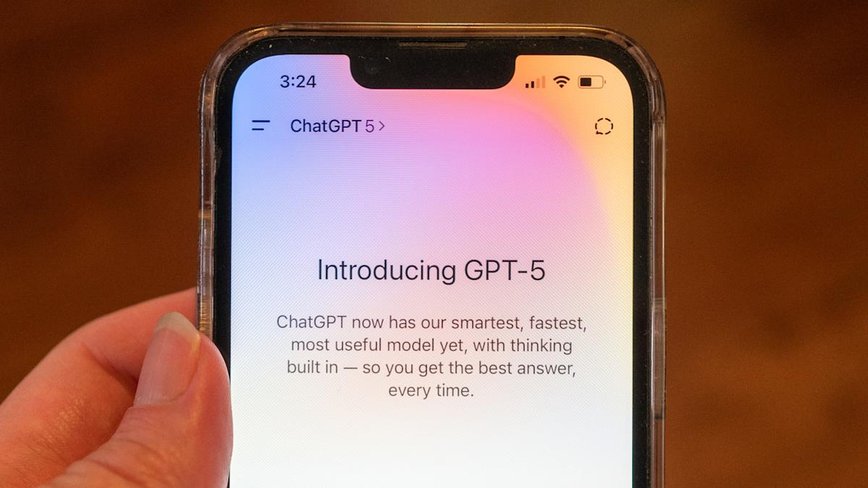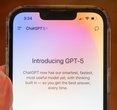
Chatgpt To Embrace Adult Content With Age Verification This December

ChatGPT's New Chapter: Embracing Adult Content
ChatGPT, the world’s favorite AI chatbot, is about to get a little more mature. According to a report from The Information, OpenAI plans to introduce age verification for ChatGPT users starting this December, opening the door for discussions on adult topics, including writing erotica. This shift comes as OpenAI aims to counteract a slight decline in user engagement following recent content restrictions implemented in August.
Previously, OpenAI added parental controls to ChatGPT, limiting discussions around sensitive topics like suicide and adult content, as part of its efforts to create a safer environment for younger users. However, the upcoming age verification feature will allow users to unlock these restricted topics once they've confirmed their age.
A Strategic Move Amidst Competitive Pressures
OpenAI’s decision to relax content restrictions isn’t just about catering to adult-themed conversations. It's a strategic move to retain and grow its user base amidst competitive pressures. As of July, 35 million users subscribed to ChatGPT Plus or Pro, and OpenAI aims to boost this to 8.6% of its total user base by 2030, translating to at least 220 million premium subscribers.
“As OpenAI expands features, the age verification rollout this December could align with a holiday-themed announcement, echoing last year’s '12 Days of OpenAI' event,” notes The Information.
With robust features like high usage limits and access to the latest AI models, ChatGPT remains a formidable tool. Yet, the ability to discuss adult content could be pivotal in ensuring users don’t jump ship to alternative platforms.
Looking Ahead: OpenAI's Holiday Season Plans
While the finer details of the age verification process remain under wraps, CEO Sam Altman hinted in previous statements that this functionality is in the works. The Information speculates that the process might be voluntary rather than automated, aligning with similar efforts by tech giants like Google, which has introduced age verification across various services.
As the holiday season approaches, OpenAI might capitalize on this timing to unveil the age verification feature in a festive event, possibly mirroring the prior year’s beloved '12 Days of OpenAI.' This strategic timing could not only enhance engagement but also delight users with a cascade of new capabilities just in time for Christmas.















